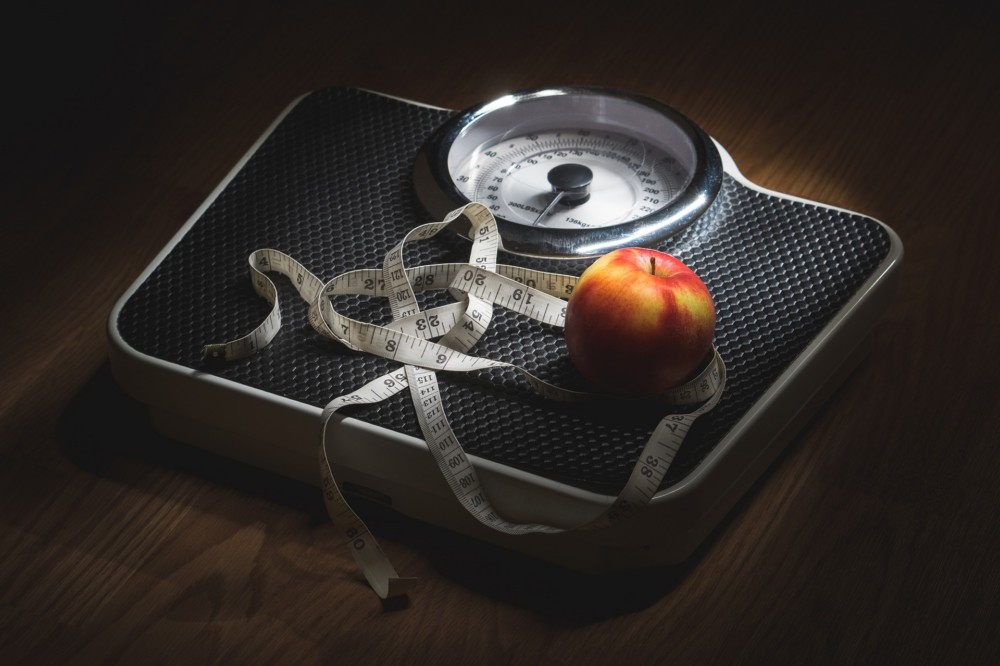There are a lot of alternative facts out there, concluded by people who don’t necessarily have a grasp of the scientific literature or an ability to interpret it. More food based tips in blogs to follow but firstly lets deal with the nitty gritty and confusion surrounding which nutrients we should eat.
Fact 1: The biggest factor in weight management success is compliance.
Whatever balance of protein, carbs and fats you choose to eat, is it sustainable? – that’s the bottom line. Sustainable deficits in calories create weight loss. What the body does in terms of appetite regulation to try and counteract this perceived ‘unhappy state’ is another blog entirely.
Fact 2: For sustainable weight loss, body composition matters more than body weight.
We stopped talking about just body weight a long time ago – what is far more important is changes in your body composition.
Muscle is the most metabolically active tissue in the body. It can also be thought of as a pool to soak up and store the carbohydrates eaten at meal times. From here they are released throughout the day to regulate blood glucose (sugar) levels and keep you functioning. Extreme diet attempts causing large calorie deficits often pay no attention to balance and protein. In this situation, the body utilises muscle for energy – breaking it down into amino acids which can be converted to glucose.
Subsequently muscle mass drops and so does your metabolic rate. Inevitably when you then require less energy to survive on – weight regain will commonly occur. Sufficient protein together with resistance exercise will protect muscle mass and metabolism.
Fact 3: Protein is important but it doesn’t give you ‘energy’.
When some personal trainers tell their clients to cut carbs, I’m not sure what they then expect them to train on. High intensity exercise burns glucose – that’s all it can burn. So if you’re training and feeling like you’ve been hit by a bus, you need to eat more carb. If you’re going for a slow plod round the park, then fat is capable of being burnt too but you won’t lose fat unless you’re in a calorie deficit (see below).
Protein is still a good nutrient to have in your corner. Research is beginning to show it has a value in keeping you fuller for longer. There is also what’s known as the protein leverage theory which suggests you will keep on eating until you’ve hit the required protein quota for the day. A typical diet maybe be low in protein at breakfast, mediocre at lunch and high at dinner – not the best way to use protein to your advantage. Instead space it out evenly across the day and increase it to 30% of your daily calories, particularly if you struggle with feeling full. If you’re eating more than 30g protein in a single meal though that’s a bit of a waste – those amino acid won’t be used, just excreted, so you’re having an expensive trip to the loo!
But remember – protein is not designed to provide your body with energy. Its primary role is to build things, repair things and make things (hormones, enzymes etc.)
Fact 4: High carb, low fat versus low carb, high fat – it makes little difference.
You will burn the type of calories you give yourself. So if you eat more fat, you will burn more fat. If you eat more carb, you will burn more carb. This doesn’t mean anything in terms of weight loss unless you are in a calorie deficit. In the context of similar calories and the same level of protein, research shows there is no significant difference between the two diets in terms of the weight loss achieved.
There are people who prefer a higher fat diet and find this easier to comply with than a lower fat one. That’s fine. But let’s also look at the bigger picture to make an informed decision. We need to think about the foods we eat, not the nutrients we eat. We also need to consider we’re feeding not just ourselves but our trillions of bacteria living in our guts. These dinner guests are more powerful than we ever realised. Capable of controlling so many of the signals within the body and even playing a role in when our brain recognises fullness, they are not to be underestimated. They feed on fibres that we can’t digest.
Fact 5: Definitions of high carb, low carb, no carb mean different things to different people.
For those that suffer with insulin resistance, which is by no means everybody, a lower carb intake in relation to protein and fat may help. Avoidance of high glycaemic carbs, namely those highly refined and processed carbs which the body can break down quickly, will reduce the amount of insulin your body releases, which in insulin resistance is a good thing. Ultimately though the biggest, most important factor is a calorie deficit (think I’ve said that before!)
For carbs to benefit both you and your bacteria most, think wholegrains, pulses, vegetables and fruit. A lower carb diet is not the same as one that doesn’t contain any – it is not the bad guy and you can use it to boost the nutritional quality of your diet.
Fact 6: We don’t eat nutrients, we eat food.
There are lots of take home messages relating to food choices rather than nutrient contents. Perhaps thinking about your whole diet is better than over analysing what we should take out. Put in oily fish, wholegrains, unsaturated oils, lean protein and plant based options (pulses, lentils, nuts) for added fibre as well. If your goal is weight loss focus on total amount of food consumed and what keeps you full and less inclined to over eat.


Leave A Comment